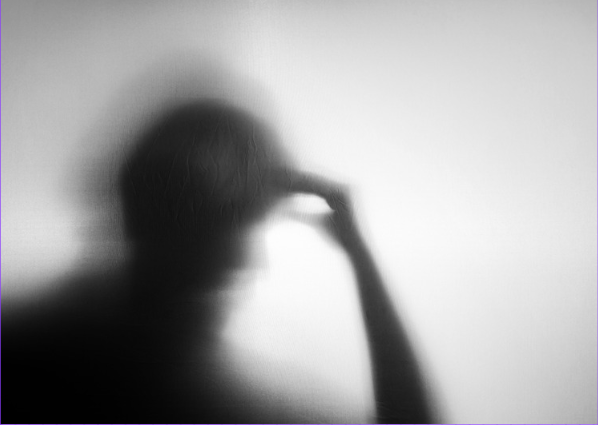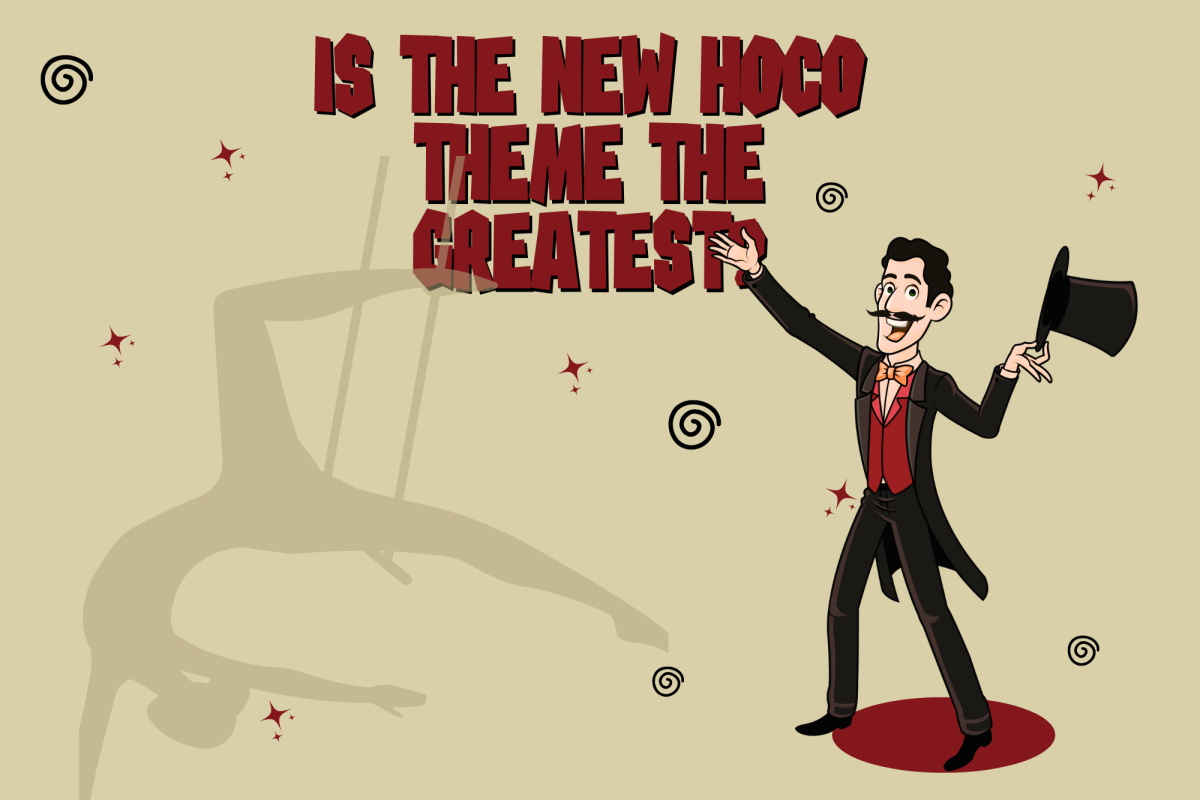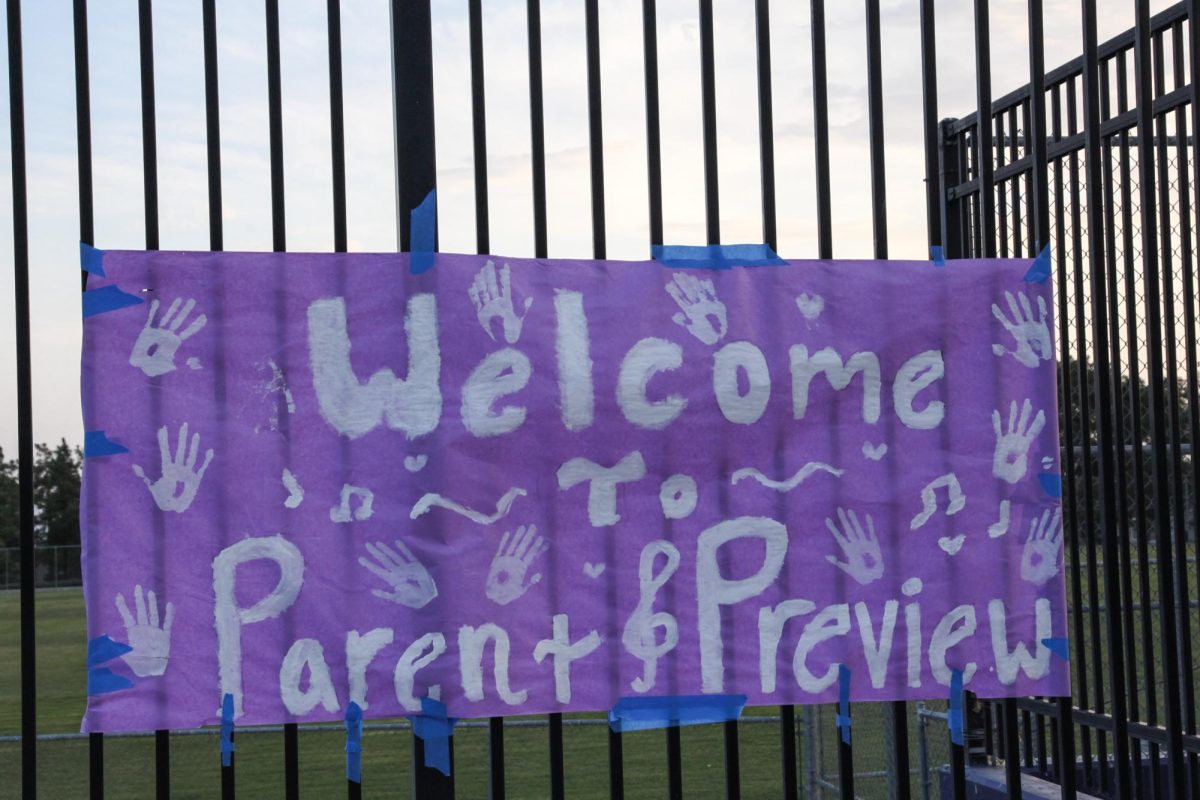Addressing the men’s mental health crisis is a collective responsibility by society as a whole. Breaking down stereotypes, encouraging men to have open conversations, and providing support can work towards a more inclusive and empathetic society.
During November, there is an annual event known as ‘Movember’, which is used to raise awareness for men’s mental health issues, such as depression, prostate cancer, and suicide.
Regardless of gender, all human beings should have the same coverage on their mental health, and one should not feel pressured to speak out on it.
In recent years, there has been a glaring issue of men’s mental health struggles that is often neglected by many because of the stereotypical standards society has set for men. The men’s mental health crisis is a pressing issue that deserves the attention and understanding of many people so that society as a whole can be treated and acknowledged fairly.
Many stereotypes spread about masculinity have overshadowed the truth of men’s mental health, which has detrimental effects on men’s mental well-being as well because of either their fear to speak out and get help, or acknowledge it entirely.
We believe that the stereotypes spread about how men should be is unfair to all men across the world.
The expectation that men should be unemotional, strong, and always in a good mental state is one of the main reasons for the growing issue in the coverage of men’s mental health.
Men are often told to “man up” or “be tough,” creating a culture that discourages them from expressing their emotions and vulnerabilities. In our lives, we have experienced multiple occasions where people, family, and friends call us, “soft,” or sensitive, just because of our emotions, and it further worsens our mood and mental state. This only exacerbates the issue, and it makes it seem impossible to reach out for help without being judged.
According to the Anxiety and Depression Association of America, over six million men suffer from depression per year, but male depression often goes under-diagnosed.
To fully understand this statistic, you must know the true definition of depression. According to the National Institutes of Health, depression is a common but serious mood disorder. It causes severe symptoms that affect how a person feels, thinks, and handles daily activities, such as sleeping, eating, or working, and many men regardless of age struggle with this around the world.
According to the American Foundation of Suicide Prevention, the rate of suicide is highest in middle-aged white men. In 2021, men died by suicide 3.90 times more than women. On average, there are 132 suicides per day. One could only help but wonder if this statistic would decrease if society took men’s mental health seriously.
Despite these pressures set by society, many men, like women, face a wide range of mental health challenges. They may experience depression, anxiety, and stress, but, unlike their female counterparts, they may be less likely to talk about it or seek support because of the stigma surrounding men’s mental health. The fear of seeming “soft” to society can lead to even more severe mental health issues down the road.
According to Priory, an independent mental healthcare provider, over 40% of men fail to speak about their mental health, which can lead to it worsening.
“I think there is definitely a stigma, especially for men in our culture where it is definitely getting better, but it’s not quite as accepted to express emotions, go to therapy, to have open conversations about mental health,” Josh Cunningham, the Rancho Cucamonga High School Educational and Mental Health Therapist, said.
The stereotype of men and how they should be is one of the main reasons for the lack of men seeking help. According to MyWellBeing, “Access and affordability can be barriers to people of all genders accessing treatment, the sheer level of social stigma attached to men seeking mental health care is an additional hurdle.”
Ever since the COVID-19 pandemic, there has been a surge in mental health troubles within the entire American population.
“In truth, I think there’s a mental health crisis in general, but I think men absolutely fall into that category,” Cunningham said. “Especially coming out of COVID with anxiety, depression, loneliness, all those things can be very challenging, and society having the standard of not reaching out, makes it a lot worse.”
Anyone in the world can have an opinion on mental health, but the issue of men’s mental health and the lack of coverage on this topic can not be ignored any longer!
RCHS students expressed their views on men’s mental health, and many of the male students agreed upon the topic of the issue of men’s mental health, and how society worsens it with stereotypes.
“I believe there is a problem with men’s mental health as a whole and agree that society creates these stereotypes, which can shut down many people looking for help,” senior Jake Crawford said. “It’s a crucial issue and it’s vital for us as a society to bring others up, especially with the stereotypes always floating around on how men should be.”
Fixing this growing problem throughout modern society isn’t easy, but it can be fixed with simple solutions. Many RCHS students believe that keeping yourself occupied and having a good schedule can be the first step towards helping men’s mental health.
“Making sure you’re in check, you’re happy, you got good things going on in life, and you got a plan for yourself in the future,” RCHS senior Owen Shipman said. “Make sure to keep your mental health in check and it never keeps you down.”
The best way to maintain good mental health is to be surrounded by positive things in your life. The first step to helping this worldwide problem among men is to stress the importance of reaching out to others for help and to make sure they won’t get shamed for it because of recent societal stereotypes.
DISCLAIMER: If you or someone you know is struggling with mental health, please know that you are not alone. Reach out to your RCHS counselor, visit the Wellness Center, or talk to a trusted adult. If you are experiencing suicidal thoughts, text the National Suicide Hotline at 988.
















